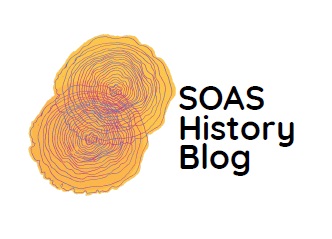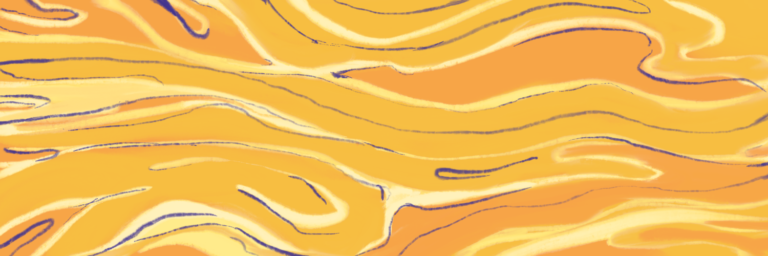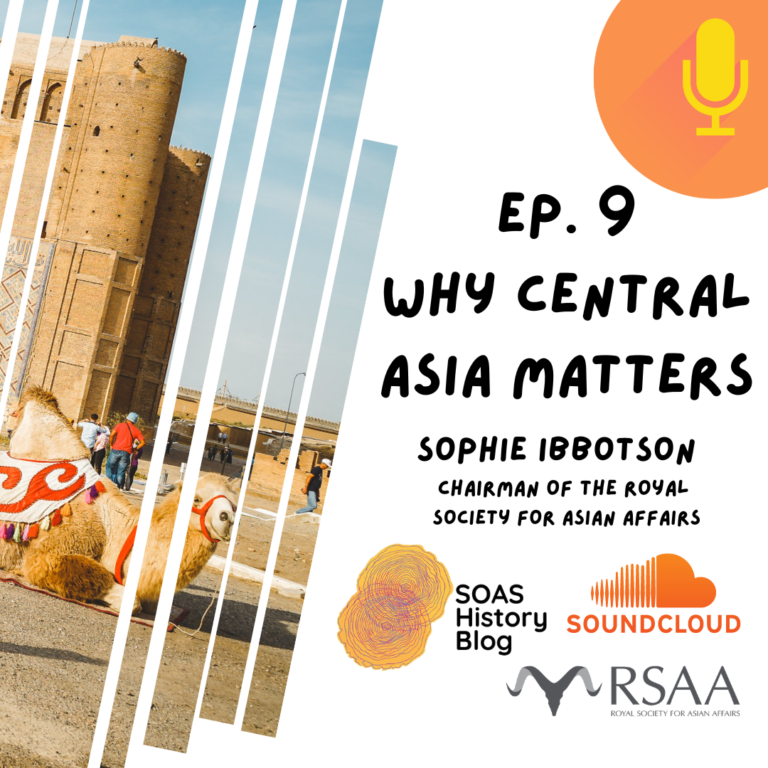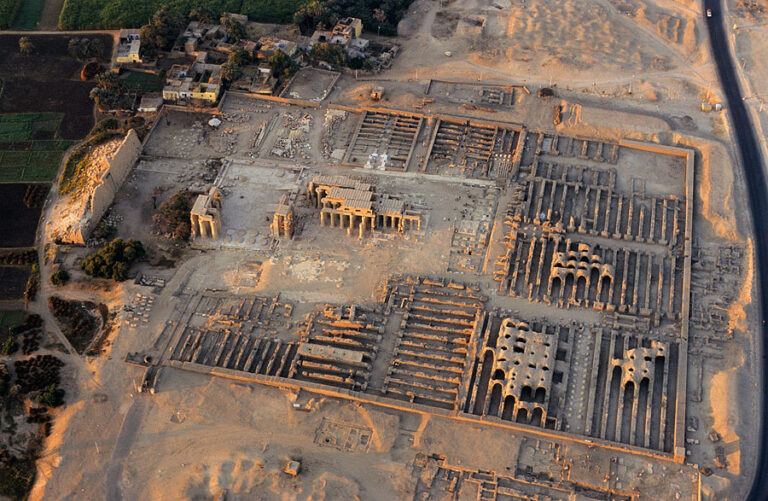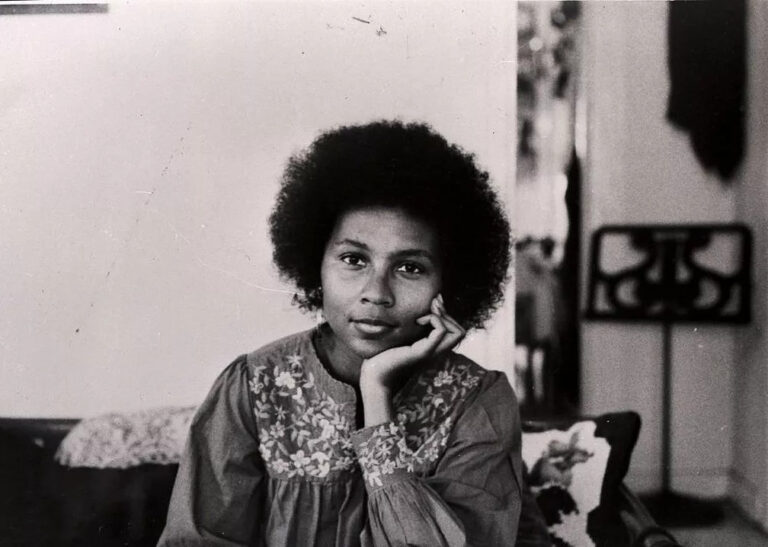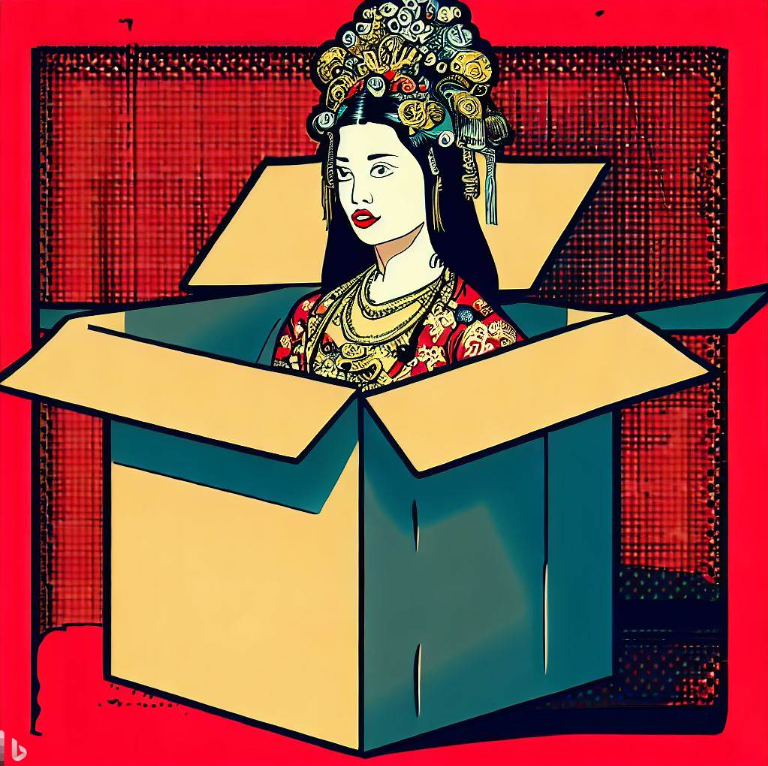SOAS History Blog Podcast, Ep. 2: Histories of Childhood in Algeria – Researching an Undergraduate Dissertation During COVID-19
More about this episode
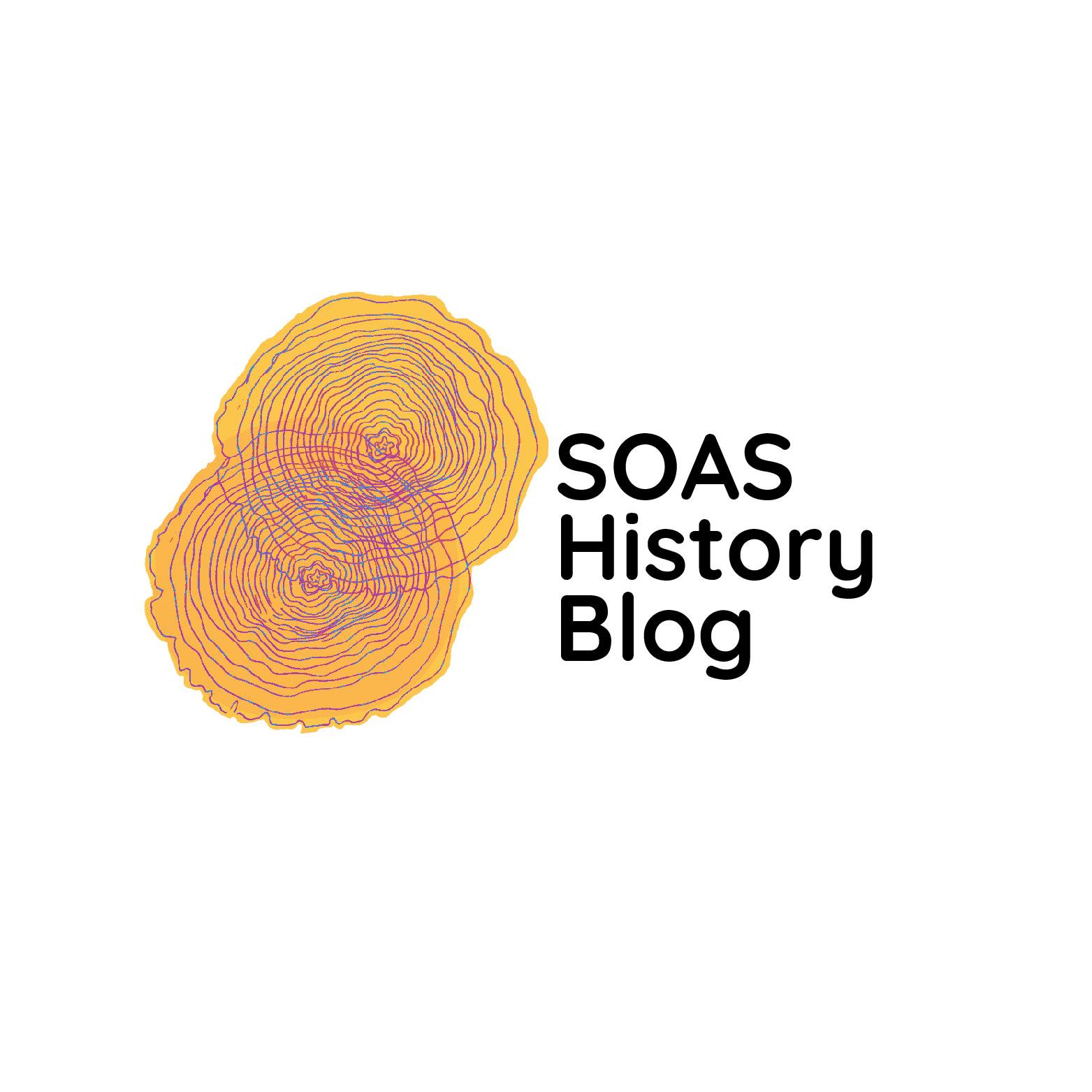
Mia Bellouere
Interviewee
she/her
Mia is an undergrad alumni from SOAS with a degree in History and Korean. Having worked in the arts for charity and organisational development sectors, she is currently pursuing a career in humanitarian project management.
Dissertation Abstract: Mia’s paper examines the experience of childhood in colonial Algeria, from the late stages of French rule throughout the long Liberation War. It discusses the policies implemented in institutions that directly affected children, how they were implicated in cultural conflict, and how they were utilised in social structuring, The paper also analyses testimonies from child refugees at the time of the war and confronts the question of whether children can be considered political actors. These concepts will be investigated with the acknowledgement of previous historiographies in the field of childhood histories, and hopefully contribute a new perception of children in our recent history and in times of war.
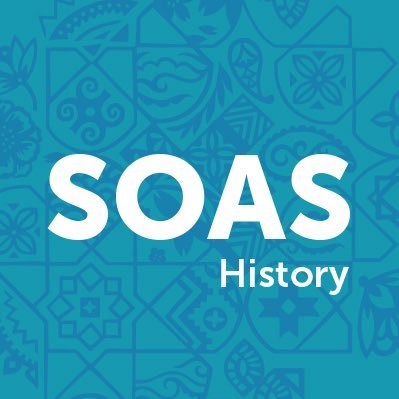
Walter Rodney Dissertation Awards
2019-2020
In her foreword to the new edition of Walter Rodney’s How Europe Underdeveloped Africa (Verso 2018, first published in 1972) Angela Davis points to the extent to which Rodney’s work has transformed the field of African history. More importantly, she highlights the close connection between painstaking historical research and anti-racist activism Rodney’s life exemplifies. She portrays him as the quintessential ‘scholar-activist’ whose research was passionately linked to his determination to change the world for the better, the much needed ‘brilliant example of what it means to be a resolute intellectual who recognizes that the ultimate significance of knowledge is the capacity to transform our social worlds.’ This is probably the best way to capture the spirit of the Walter Rodney Dissertation awards.

Haritha Balasubramaniyan
Interviewer
she/her
Haritha is a Senior Editor on The Blog Team and is currently pursuing an undergraduate degree in Global Liberal Arts. Academically, focusing on History and Politics and am currently involved with the SOAS History Society as well.

Podcast Production
SOAS History Blog
Transcription: Andrea Janku
Music and production: Ellan A. Lincoln-Hyde
Additional text: Andrea Janku
Podcast Transcription
Hi Mia, thank you for being here. I’m Haritha Balasubramaniyan, second year undergraduate at SOAS in the Department of History, speaking to you on behalf of the SOAS History Blog.
Hi, it’s so lovely to be here. My name is Mia Bellouere. I’m recently graduated from SOAS where I did History and Korean
Congratulations on the prize, Mia. Tell us a bit about it. What was it like writing the independent study project?
So my dissertation was about childhood in colonial Algeria, focusing more on the years leading up to the War of Independence, and how it was for children going through that process as well. It’s kind of an area that is not studied much in history, childhood in general, but also in terms of Algeria and the process of decolonization as well.
What was your thought process like, going into the writing process?
So to begin with, I was absolutely terrified, because I knew going into it that there isn’t very much secondary literature specifically about childhood in Algeria in general, not to mention childhood in
colonial Algeria, or in those years leading up to the War of Independence as well, so it was the most daunting thing ever. But as I started to write, and that’s probably one of the biggest things that I could say in term of advice, once you start to write it, you really get into the process. You realise what you need, what is missing, what you want to go more into as well, and once that started that daunting feeling kind of faded away.
What were the sources that you drew inspiration from? Did you do modules related to colonial Algeria?
Probably the biggest source of inspiration was from another SOAS student. He was actually a PhD student called Jack Lord. He did a history on childhood in colonial Ghana, which was obviously also a
former French colony. There were a lot of similarities and I really enjoyed reading his PhD dissertation and his thought process, and how creative he was at getting those primary sources and making links with the theories in order to make his argument. So that was probably one of the biggest sources of inspiration in terms of the writing process as well.
What was your experience half way through or maybe even at the start of your process, to be
derailed by the pandemic.
So yes, when Covid did come about, it was just a complete panic. I ended up deferring my dissertation because I thought that was be the best thing to do. At that time we thought the libraries
might open up again and we might be able to access more things, come the autumn time. That didn’t really happen so that meant that I also relied a lot on digital resources as well. And I think that maybe of the most underrated resources might be something controversial, but Twitter. It’s probably one of the best places that you can find current discourse as well. There is so many professors and also diaspora, just people who are Algerians, you know, writing on Twitter about their family experiences, about books that they’re reading, and that sort of thing. You know, I had to be really creative in how I found sources to use.
That’s amazing. I might just do that when I have to write my dissertation.
Seriously just like key words in Twitter. See what people are talking about. There are so many people promoting their books as well, that you might not find from a single Google search.
How would you say being at SOAS and writing your dissertation at SOAS in particular influenced how you went about it and what you wrote?
I think definitely, for my topic it was the best place to be. Especially because, when it came to choosing a supervisor, I didn’t really know who to go for because there isn’t anybody specializing in Algeria at SOAS. But when I mentioned my title to professor John Parker, who ended up being my supervisor, he was really interested in it, and so I don’t think you’d really find anybody in other universities who had that general knowledge as well as an interest in it at the same time, as well professor Philipp Wirtz who does a lot of history of childhood and history of emotions as well, you
know being able to reach out to him, and be like: do you have any recommended readings on the history of emotions and the history of childhood and that sort of thing. That was really great, that was definitely a highlight, being at SOAS.
How would you say that doing this piece of independent research has changed the way you see the world and changed the way you go about reading and studying?
I think it definitely gave me a lot of confidence to make my own arguments and assert my own arguments, as well as my own perspective and understanding of things, and made me realise the connections that we might not see between particular things. One of the topics that I started to go into in the second part of my dissertation was the history of emotions, which is an emerging topic as well. When I was looking at one of my main primary sources, which was testimonies by children, they were using a lot of this religious language. You might think it’s because of the culture of Algeria,
it’s an Islamic country, to they were relating a lot of phrases back to Islam. However one study that I read was talking about how some specific phrases can correspond to specific emotions, happiness versus fear, and that kind of thing. So seeing those connections was really interesting as well.
How did you go about looking for sources about a place that you physically did not have access to? You said that you were using Twitter and that’s brilliant. What other kinds of things were you looking at?
Just basically going down a rabbit hole, that was it, and looking at the references and the bibliographies of texts that you’re already reading. It was multidisciplinary, because tied in Politics, History, and with the history of emotions there were some psychological studies as well that I looked into. The history of childhood required looking into philosophy as well. Especially when you think about the infrastructures that children live and grow up in. There is two sides to the history of childhood. I wanted to focus more on the children’s perspective, but a lot of the history of childhood is about the institutions and the infrastructures that’s around children as they’re growing up and how adults relate to children. There is kind of two sides to it. And the latter is the one that’s more researched on, and that tends to be quite philosophical. What the schools represent, why are schools formed. How the people see children, how the people treat children and why, what are the different types of child, you know. That sort of thing, tends to go more in the philosophy realm. So it ends up being quite interdisciplinary when you go into it.
In terms of chasing childhood histories, especially in times of turmoil, how important would you say oral histories are? Because I remember reading about the oral histories of children during the India- Pakistan Partition 1947, and it was radically different from what any political paper or historian had to say about it.
Yes, so the main source that I used was actually, I mean in my dissertation I discussed the kind of legitimacy of this source. It was a collection of oral testimonies from children that had just been simply written down. If you want to go into that direction you can actually collect oral testimonies for yourself, I know a few people who did their dissertations based on interviews and that kind of thing. I would say that oral testimonies are among one of the most useful resources that there are, and one that’s probably only really seen in the modern era as well.
I imagine with more things moving online much more oral history is going to be preserved, especially on digital platforms.
Yes definitely. And films and things like street interviews and that sort of thing are widely shared on YouTube these days, this is side-tracking a bit. But I know that a few people from my year, that I’d heard what their dissertation titles were, they’re just so interesting and so diverse, there’s so much research and work going into it. It’s really interesting, literally seeing all this academia unfold in front of you. Some might say it’s only undergraduate dissertations, it’s still so interesting to see where people go with it and the journeys that they take with their work. That was a bit of a sidetrack …
No, that’s very true. Because I feel that each time I meet a different person from SOAS, I just keep really thinking that no two people at SOAS study the exact same thing.
Exactly, it’s so great. I love it.
On that note, thank you so much for your time, Mia.
Thank you for having me. And good luck everybody with their dissertations. You can do this. You’ve got this!
Thank you. We needed that!
SOAS History Blog, Department of History, Religions and Philosophy, SOAS University of London
